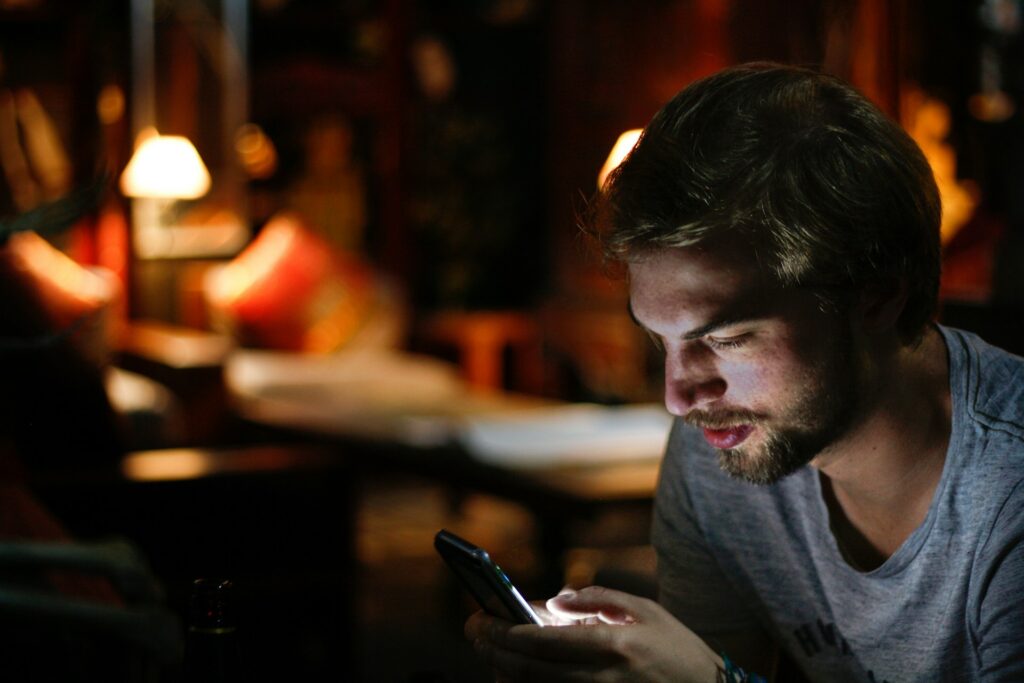Cancel culture didn’t just change how we hold people accountable, though it’s certainly done that.

However, it’s also reshaping how we express ourselves, manage mistakes, and handle any sort of conflict. While some see it as necessary social correction, it’s also definitely impacting mental health in ways we don’t always talk about. Here’s how it’s manifesting in society and the way that’s messing with our heads.
1. It’s creating constant anxiety about saying the wrong thing.

Even well-meaning people now second-guess what they say, how they say it, and who’s listening. There’s a quiet fear of being misunderstood or judged publicly for something that wasn’t intended to offend. That anxiety doesn’t just affect influencers or public figures—it’s creeping into everyday conversations, making people feel on edge, even when they’re trying to do the right thing. That mental weight can be exhausting.
2. It’s making people afraid to admit when they’ve changed.

Growth requires room to own past mistakes, but cancel culture often punishes people for things they said or did years ago, even if they’ve grown since. That fear can stop people from being honest about who they used to be. When people feel like they’ll never live down a version of themselves they no longer identify with, it discourages vulnerability and makes long-term change feel pointless.
3. It’s encouraging silence over healthy dialogue.

More and more people are choosing to stay quiet rather than risk backlash for saying something imperfect. While that might reduce tension on the surface, it shuts down important conversations that could help us learn from each other. The fear of getting it wrong can make people disengage completely, leading to more division, misunderstanding, and missed opportunities for growth and empathy.
4. It’s feeding black-and-white thinking.

Cancel culture tends to frame people as either “good” or “bad,” which leaves little room for the nuance that most real-life situations require. That oversimplification creates pressure to be flawless, and that’s not mentally sustainable. Living in fear of one misstep turning you into “the bad guy” can damage confidence, increase stress, and make people feel like there’s no safe middle ground where they can get it wrong and still recover.
5. It’s making online spaces feel emotionally unsafe.

Comment sections and platforms that were once about sharing ideas now feel like emotional minefields. Even minor disagreements can spark pile-ons, where strangers attack each other instead of discuss. That hyper-vigilance and fear of public shaming can lead to withdrawal, digital burnout, and a general sense of emotional isolation. For many, the risk outweighs the reward of online engagement.
6. It’s making forgiveness feel rare, even when it’s earned.

People want room to evolve, but cancel culture can make it feel like there’s no path back after a mistake. Even genuine apologies or changed behaviour aren’t always enough to shift public opinion. Without clear pathways to redemption, people start to internalise shame instead of processing it. That lack of closure can leave emotional wounds open far longer than necessary.
7. It’s increasing people’s fear of being judged for old versions of themselves.

Many people grow up online now, with years of tweets, posts, and videos out in the open. Cancel culture makes even harmless past content feel risky if taken out of context later on. That fear can lead to obsessive self-monitoring, shame, or over-editing one’s personality to avoid scrutiny, all of which contribute to long-term stress and disconnection from one’s real self.
8. It’s reinforcing social perfectionism.

People feel they have to “get it right” every time, on every issue, because one slip-up might lead to backlash. That kind of pressure isn’t realistic, and it creates a mental environment where people feel like they’re walking on eggshells. As time goes on, this leads to burnout, imposter syndrome, and the loss of joy in interacting with other people. It discourages authenticity and increases emotional tension in both public and private spaces.
9. It’s making people less willing to be honest about their struggles.

When someone opens up about their flaws or shares a mistake, there’s a real risk they’ll be dragged for it, especially if it doesn’t come with a perfectly worded explanation. It makes people bottle things up rather than work through them. It sends the message that being real is dangerous. As a result, many people feel like they have to pretend they’re fine when they’re not, which only deepens their mental health struggles.
10. It’s making emotional safety feel conditional,

Many people are afraid they’ll only be accepted if they have the “right” views, say the “right” things, and never step out of line. That kind of acceptance isn’t real; it’s performance-based, and it’s fragile. Sadly, it often leads to emotional insecurity. Instead of feeling supported while figuring things out, people feel like they’re one mistake away from rejection, which damages self-worth and makes genuine connection feel harder to reach.


